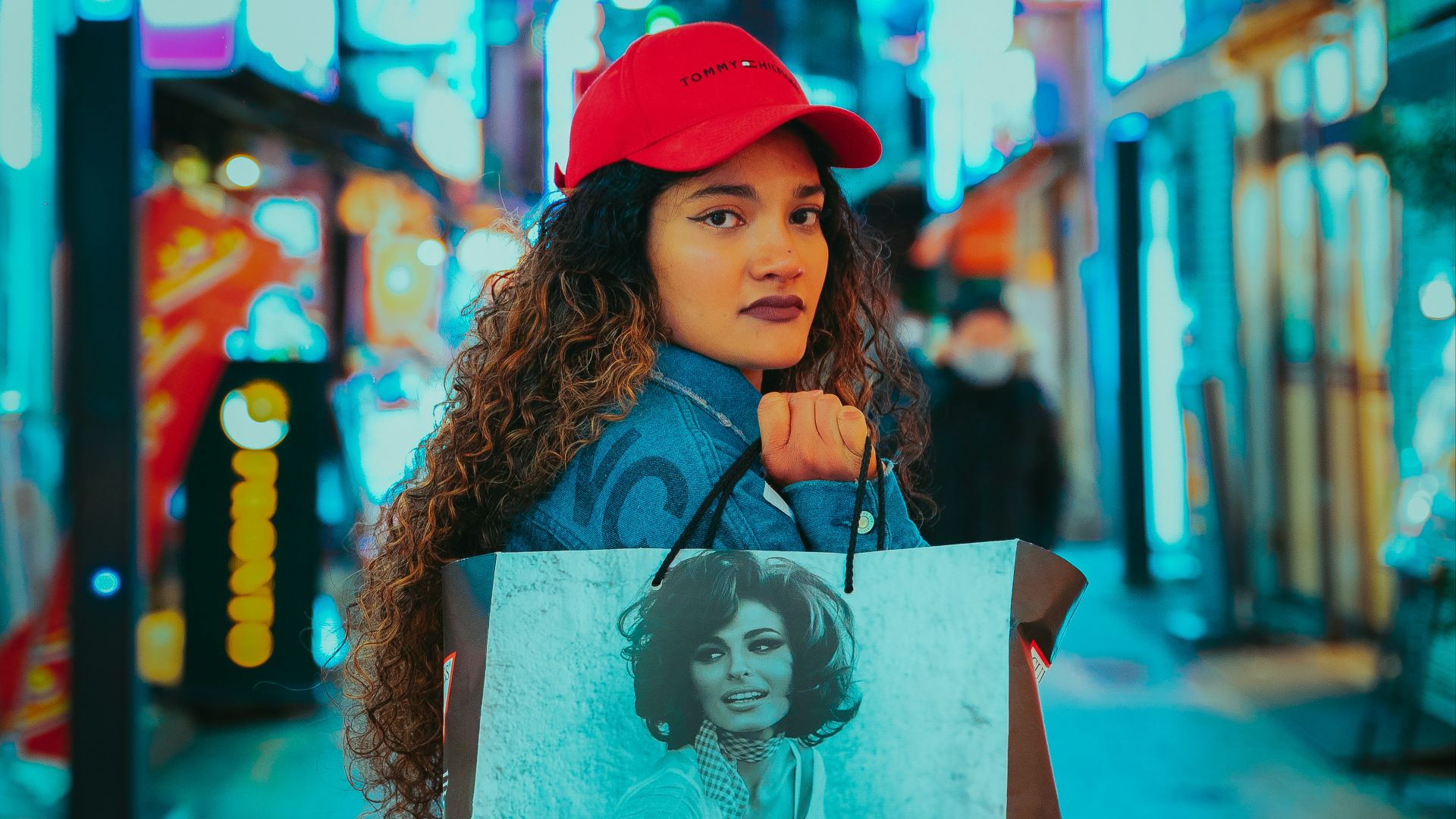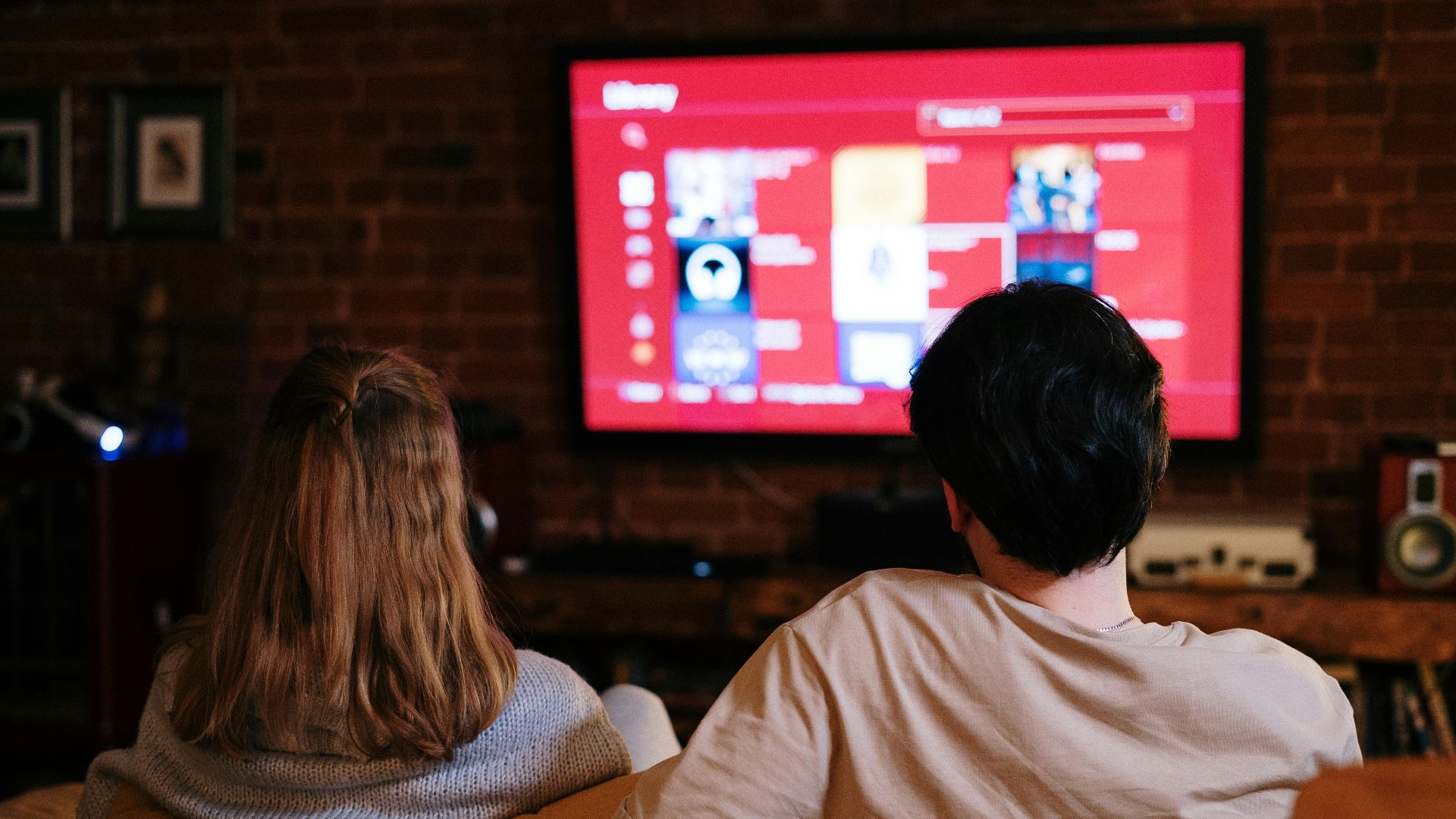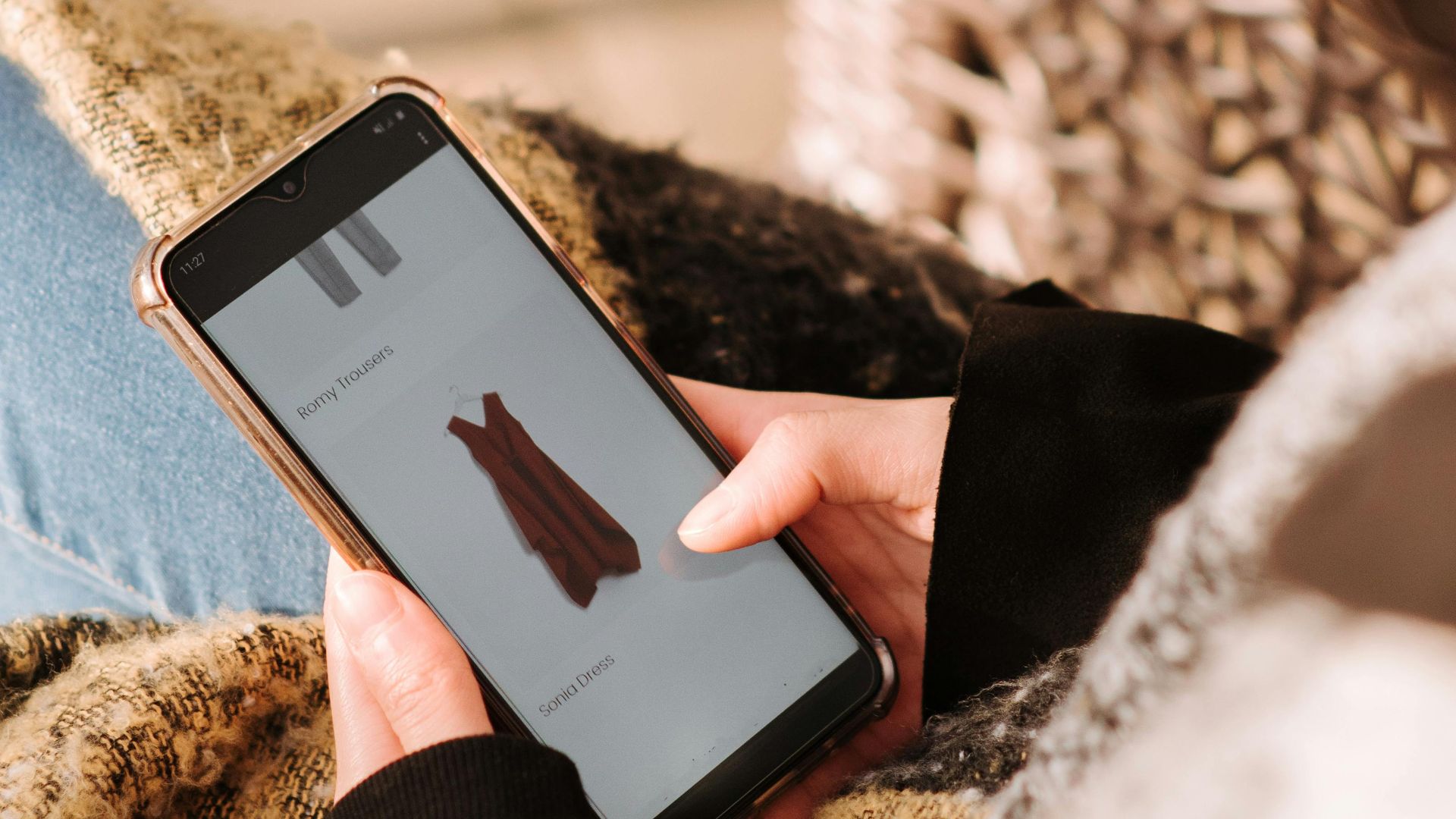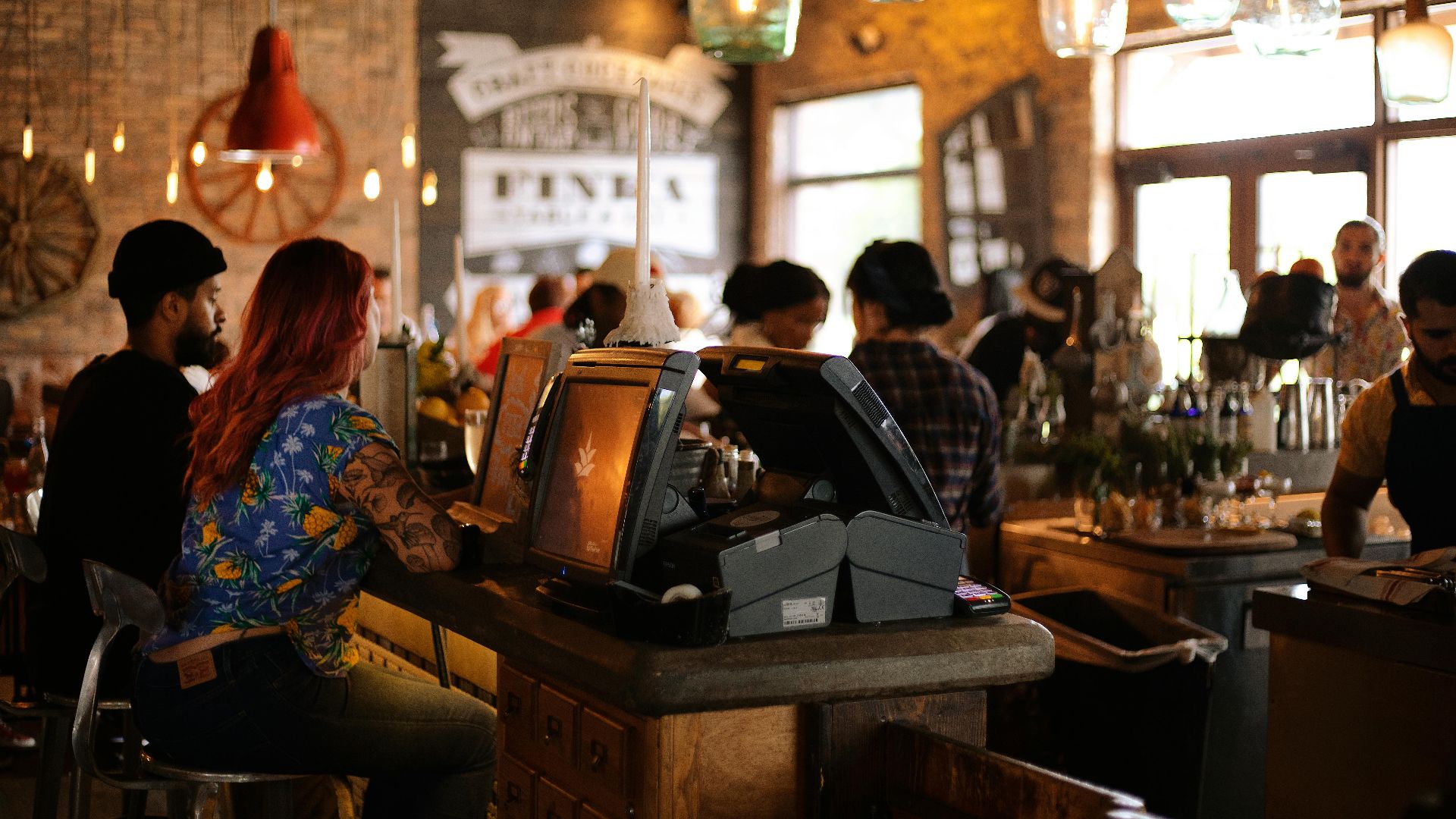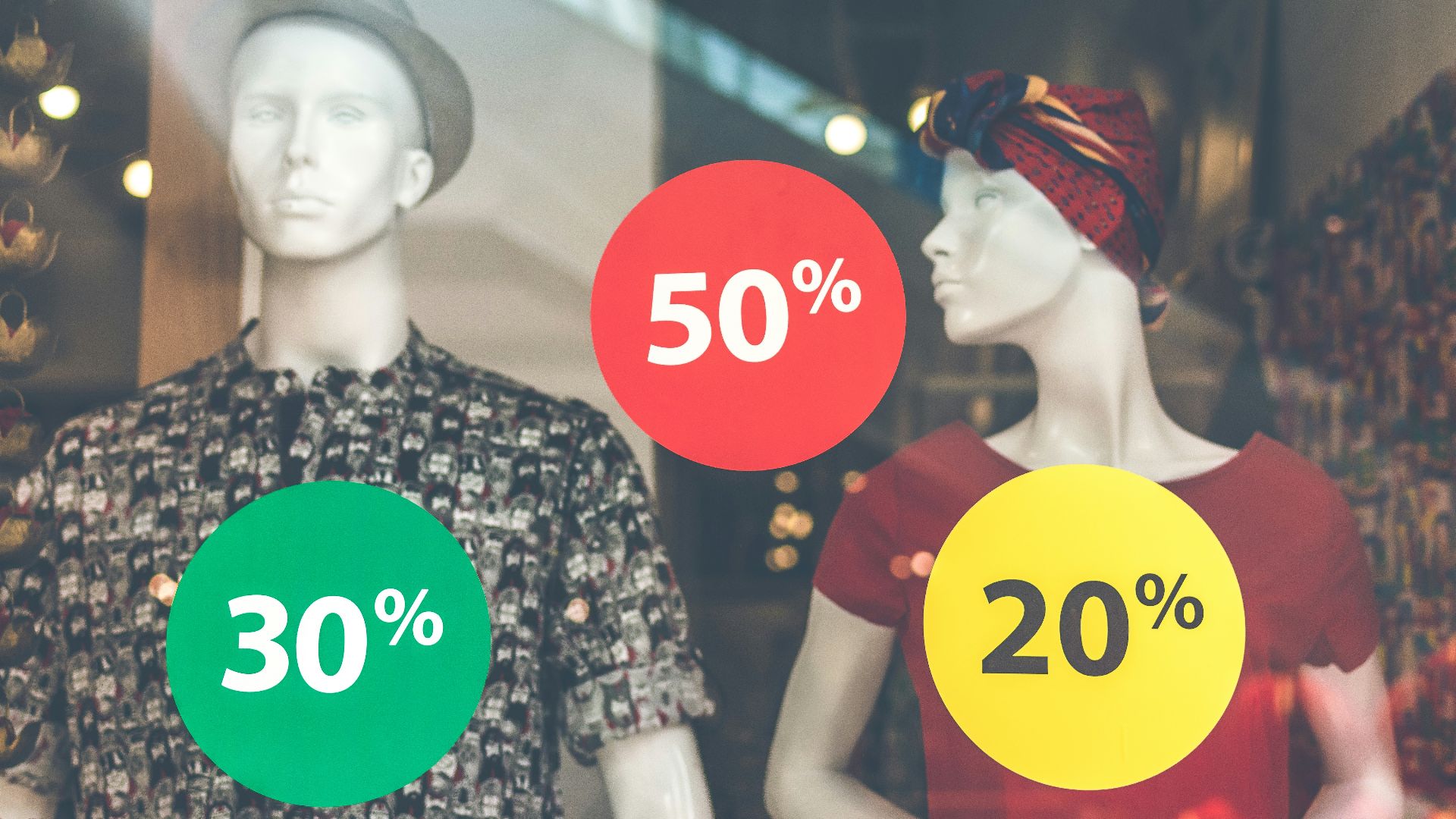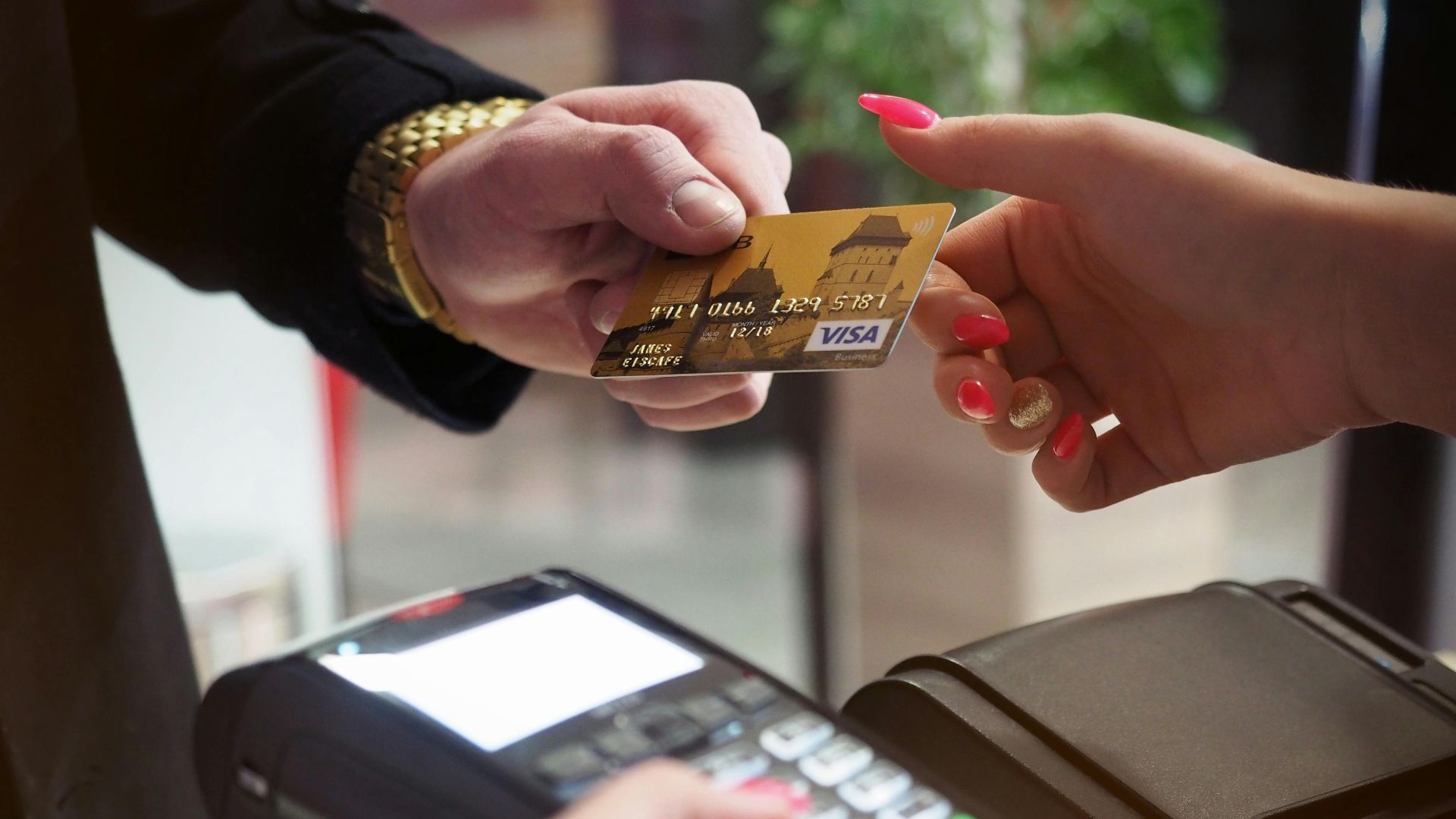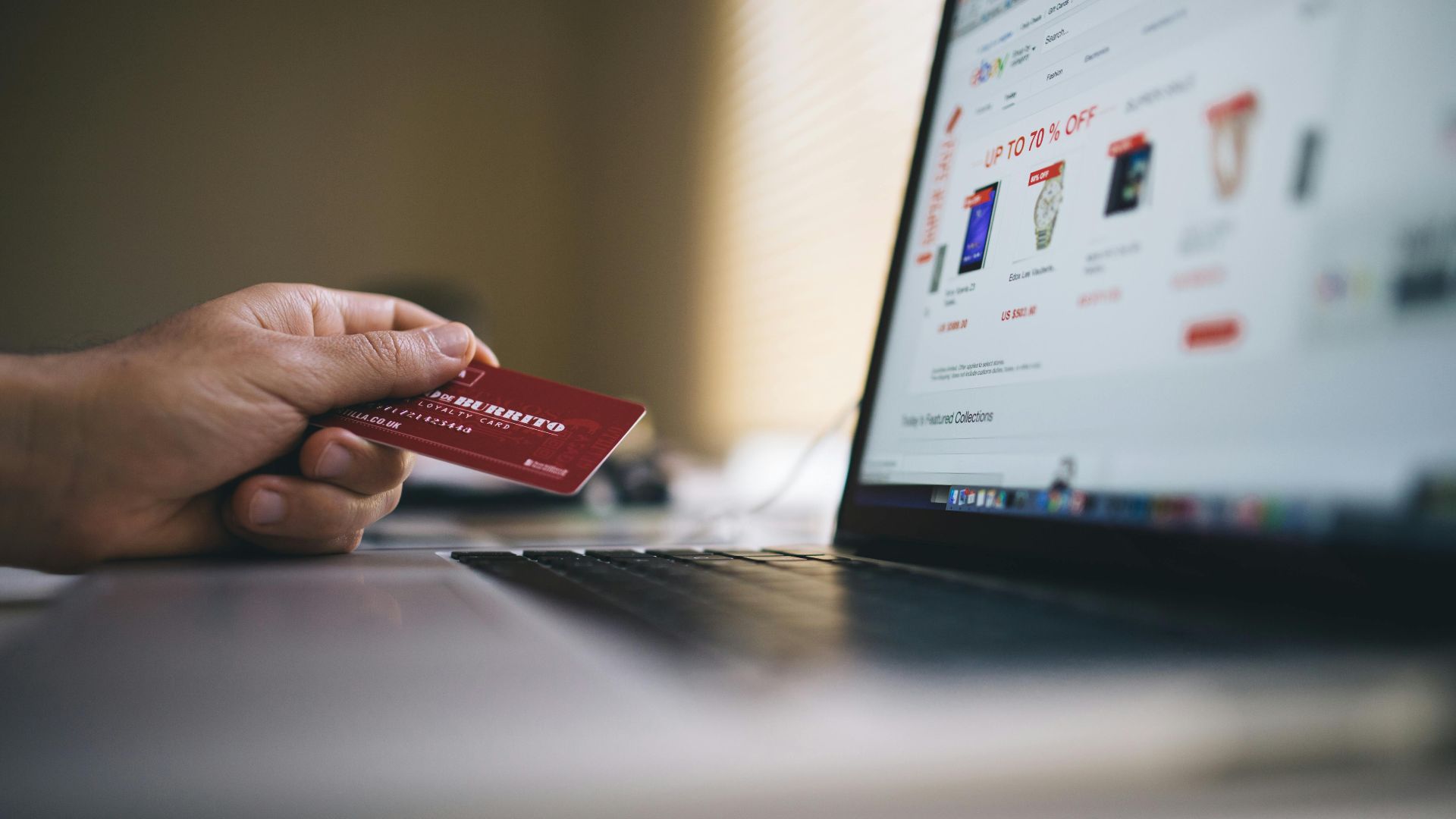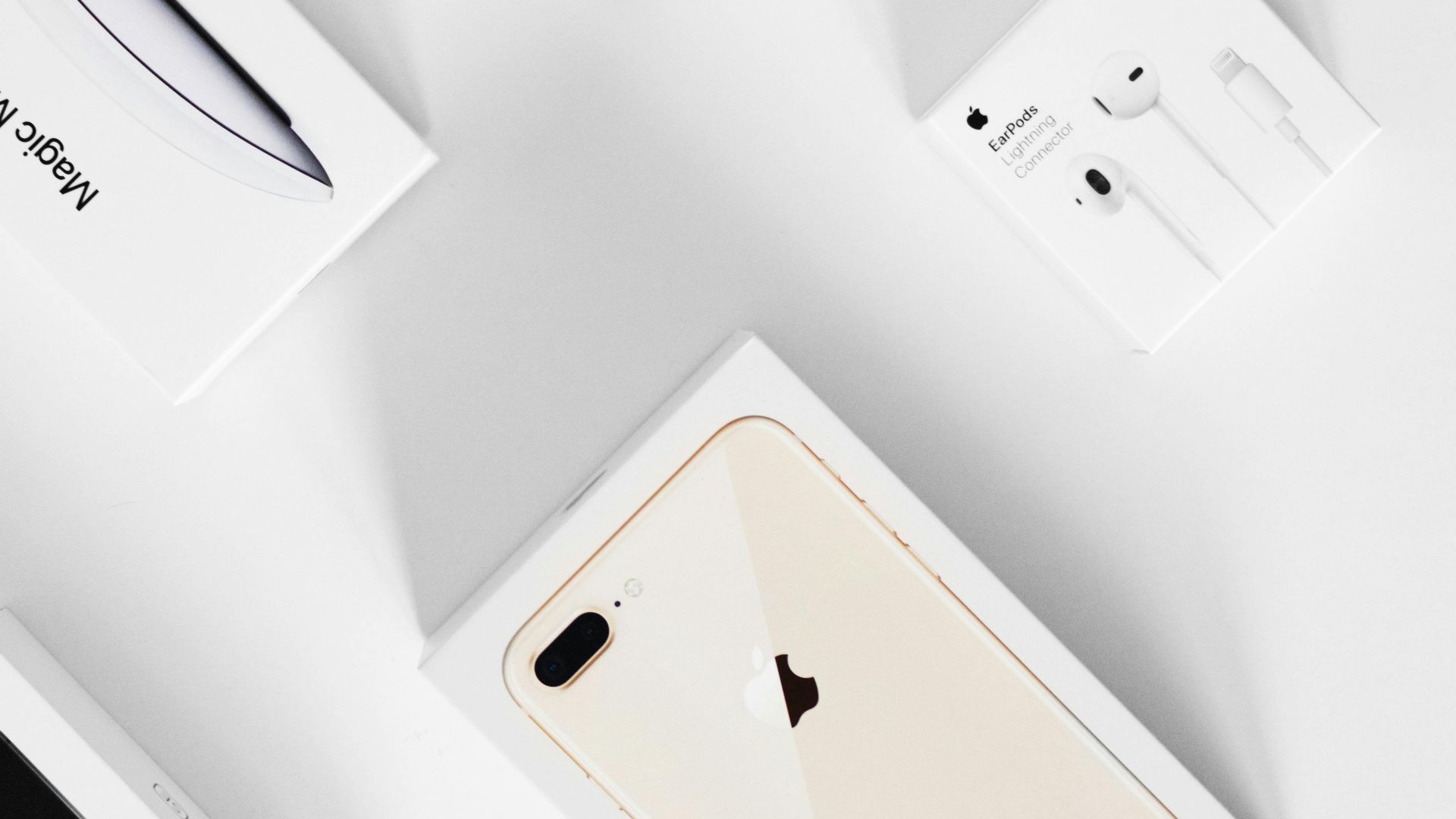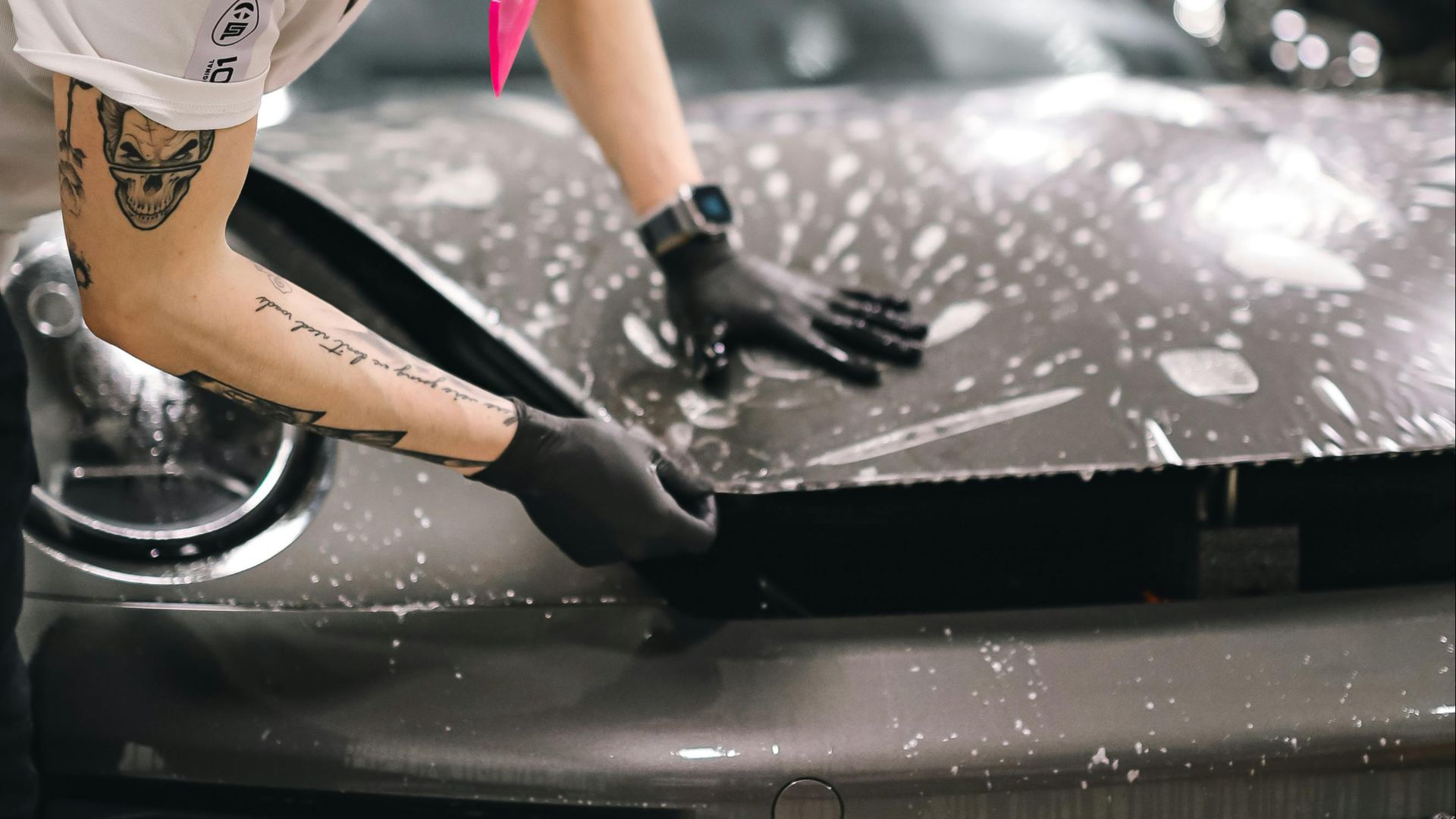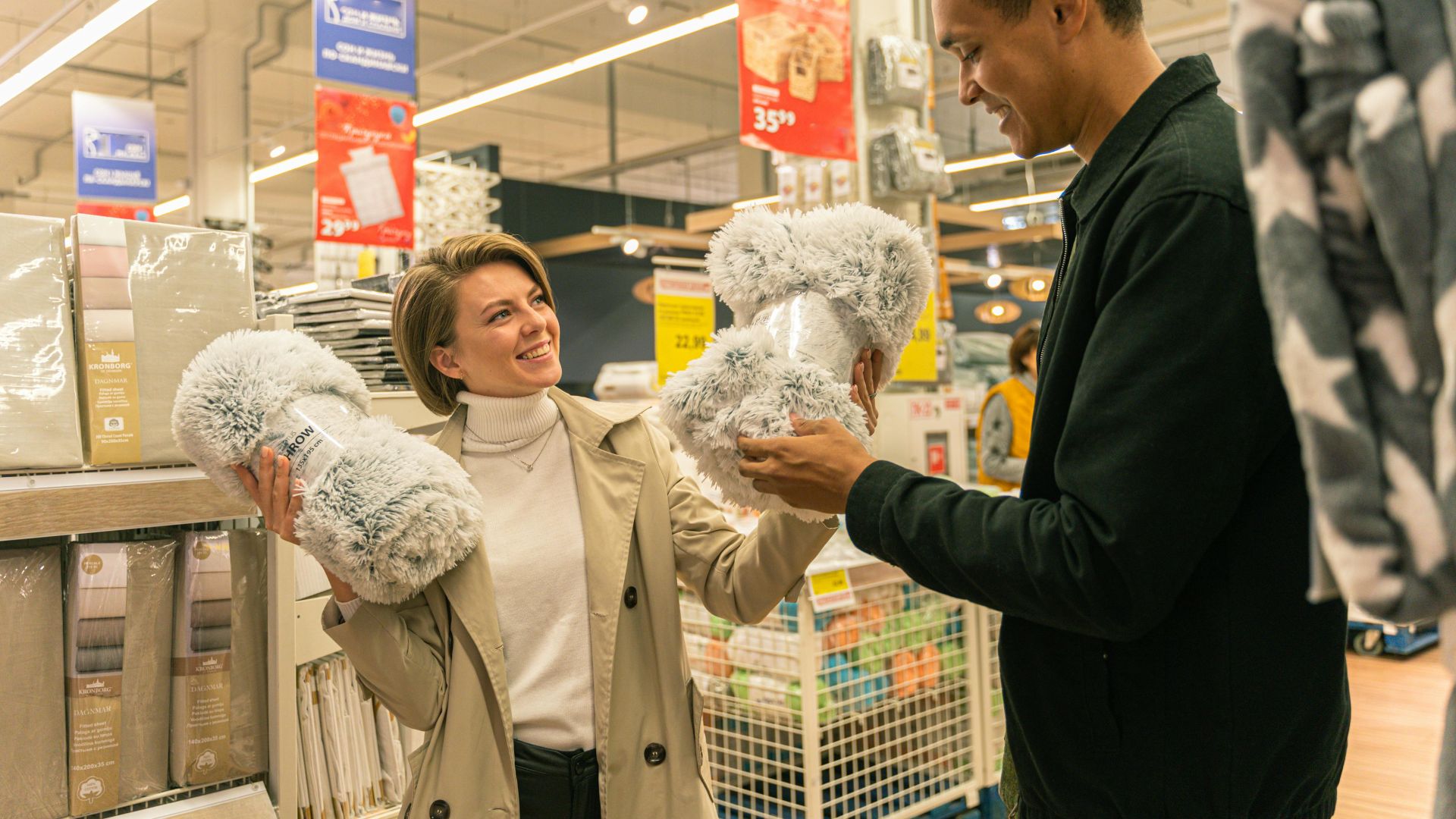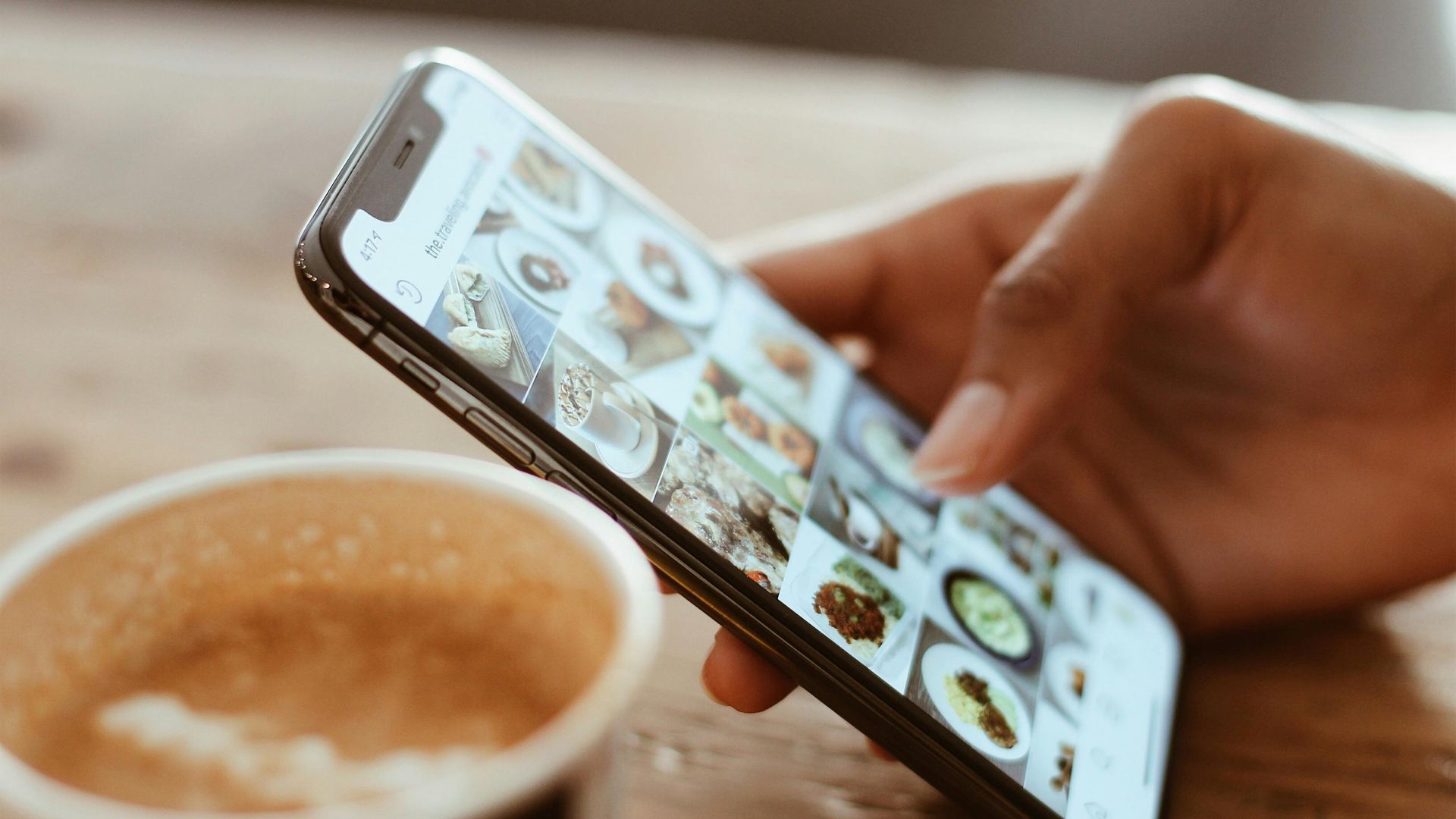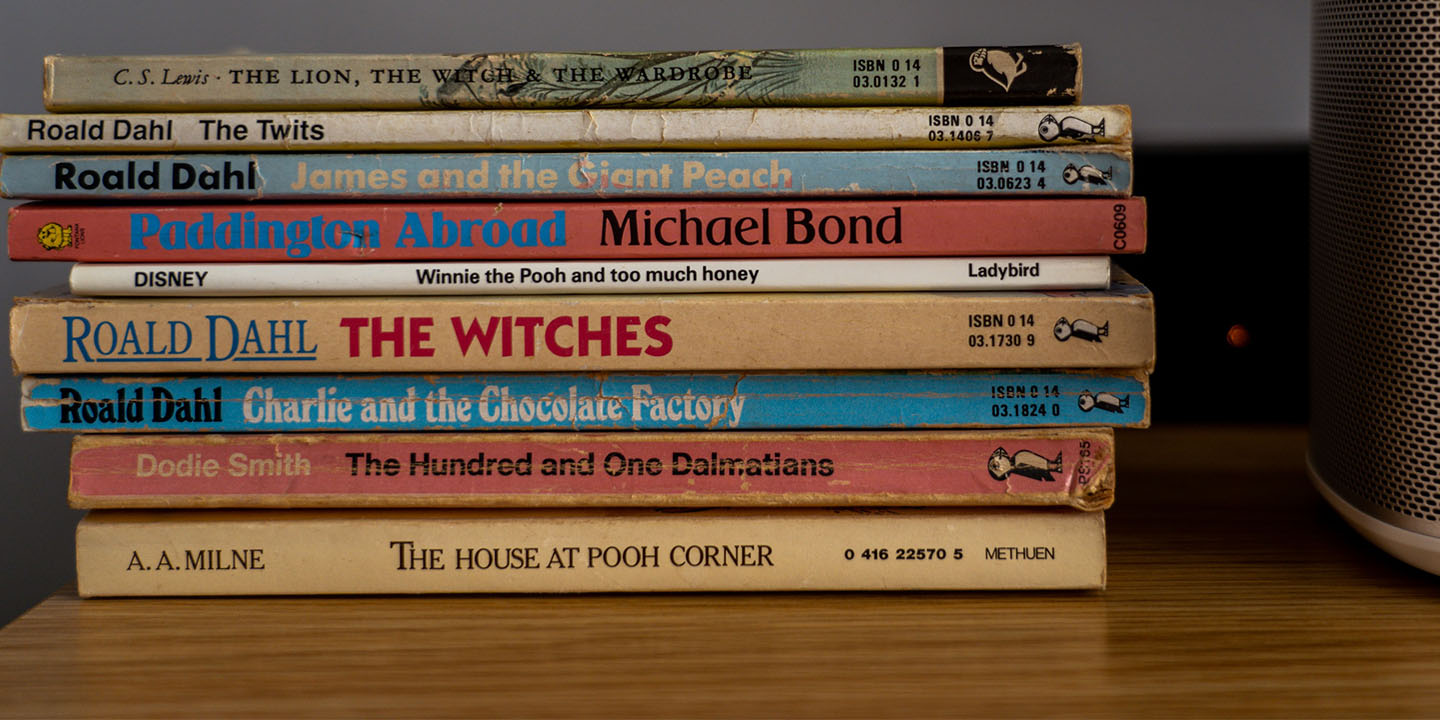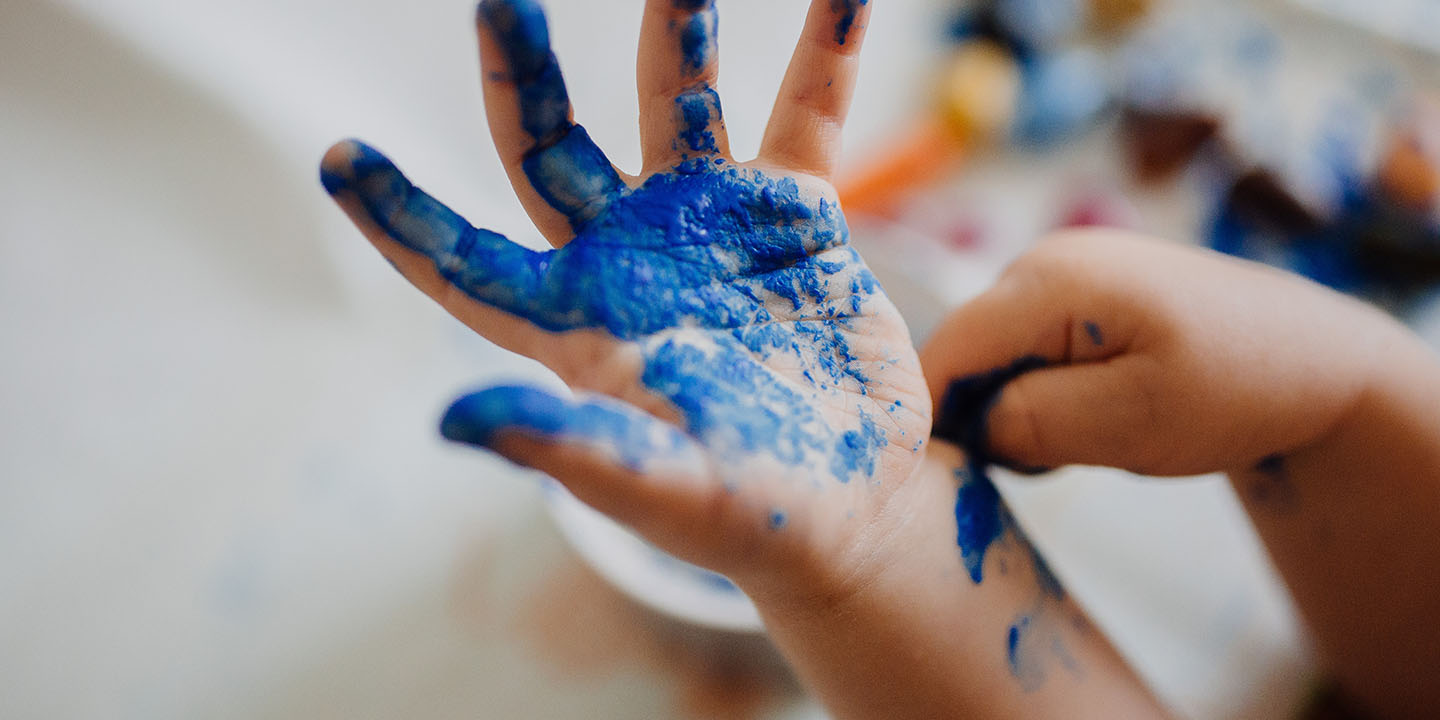Are You Wondering Why You're Broke?
It started with one little swipe. No big deal, right? But as the weeks passed, your balance kept dropping. Turns out it's not always about how much you earn but how that money slips away quietly. Bad habits build up, and before long, they're running the whole budget. Here are 20 habits that are ruining your finances and that you need to remedy ASAP.
1. Daily Coffee Runs
You don't remember the first one, but you surely remember the routine. Four bucks a day becomes over $1,200 annually, and you can save most of that. Is coffee the problem? No, but routines become blind spots. Convenience costs money, and compounding is real.
2. Name Brand Groceries
Look at that cart—every product is familiar, and every label is trusted. But familiarity comes with a price tag. Consumer Reports has historically shown that store brands often match name brands in quality. You're paying for marketing, and that "premium" feeling is optional.
3. Streaming Subscriptions
You only wanted one or two, but now, you're juggling six, and none of them feel perfect. Do you really use more than three platforms consistently? Are you still paying for that documentary app you tried once last year? That's financial clutter.
4. Takeout Lunch Habits
When you study your spending, you'll see that food away from home is a big budget drain. A $13 lunch here, a sandwich there. The office smells like curry. You cave. All these add up. Yet, a packed lunch costs just $2–$3.
5. Useless Buys
Have you ever gone in for toothpaste and walked out with a yoga mat and an LED mirror? That wasn't an accident, as retail spaces are designed for it. Eye-level placements and checkout lane temptations are strategies for showing things you may think you need.
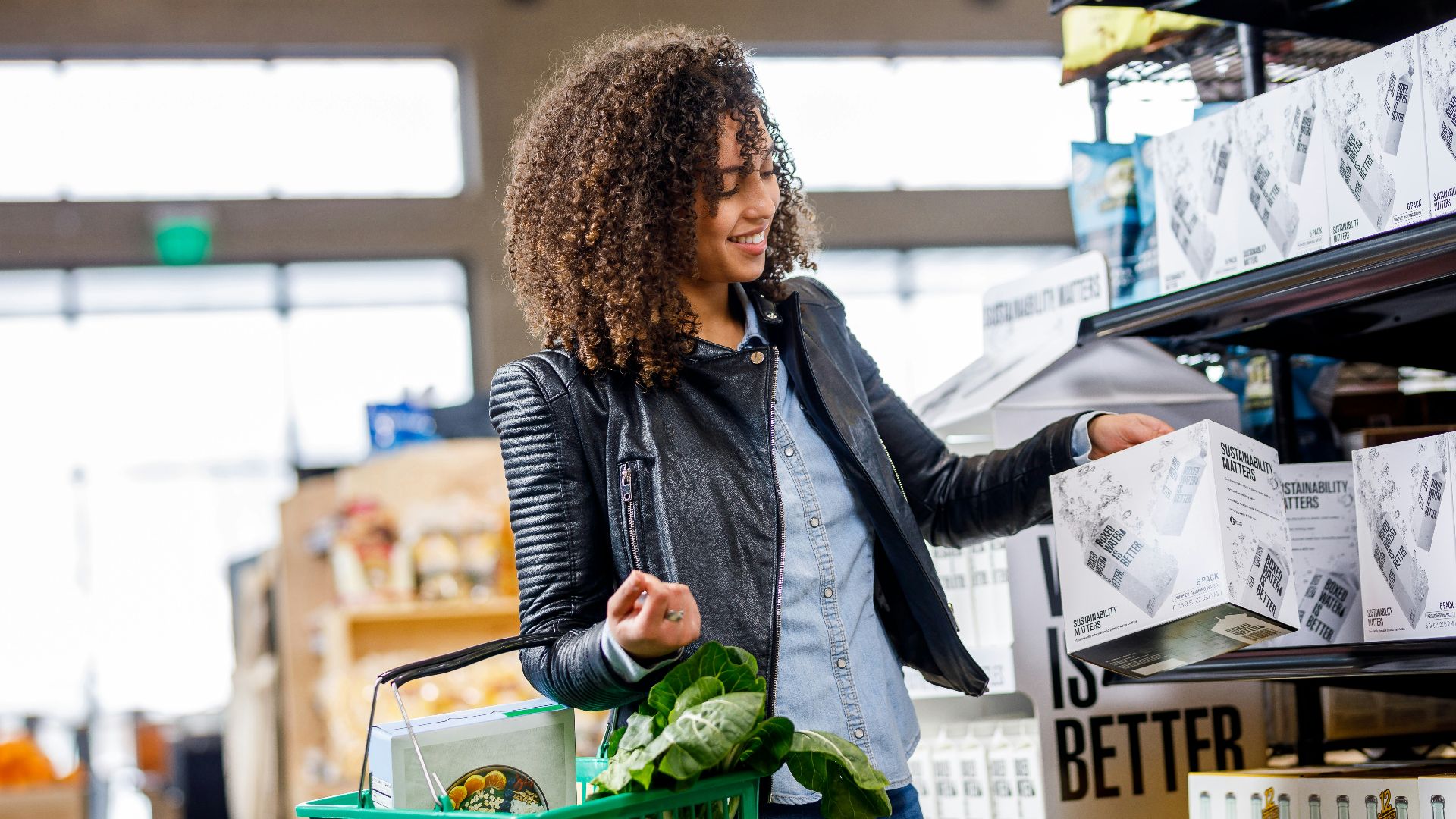 Boxed Water Is Better on Unsplash
Boxed Water Is Better on Unsplash
6. Retail Therapy
Bad day? Click. Lonely? Add to cart. Emotional spending is more of a coping mechanism than indulgence. You do it for the dopamine response. The short-lived high masks longer-term debt. And worst of all is that you often forget what you bought the next day.
7. Weekend Bar Tabs
Social spending feels harmless because it's tied to bonding. But alcohol markup is often high, and that's before the tips and late-night snacks. What starts with happy hour ends with $92 on your statement and a vague memory of nachos. Budget sabotage disguised as fun.
8. Flash Sales
Seventy-two percent off, only for the next three hours! That urgency is manufactured. Retailers create scarcity to bypass your logic. In some cases, "limited-time deals" could even use inflated original prices. You think you saved, but you just did the opposite. That's their win.
9. Credit Card Rewards
You tell yourself it's all for the points. However, the numbers don't lie, and most consumers spend more money using rewards cards. Why? The psychological effect of "earning while spending" lowers guilt. And interest? That 18% APR easily outweighs the free flight you're chasing.
10. Gym Memberships
It's common to sign up in January and stop going in February. Countless members stop going within six months but keep paying out of guilt or hope. Canceling is free. Paying to not move on is the irony draining your account.
11. Pet Overpampering
Your dog doesn't need a designer raincoat. Yet somehow, the toy bin keeps growing, and your bank balance keeps shrinking. Americans now spend over $100 billion on pets yearly. Love is measured in care and presence, not plush chewables and packages.
12. Payday Splurges
Payday triggers a false sense of freedom. It hits your account, and suddenly, everything feels possible. An expensive drink or that thing from your wishlist. Discretionary spending spikes immediately after deposits. But that rush fades, and you're left managing leftovers. Budget first, celebrate later.
13. In-App Purchases
One extra life in your favorite game or a shiny new outfit feels like pennies until it adds up. Mobile games are built with reward psychology that targets your impulse centers. Sometimes, just watch the 30-second ad and keep your cash.
14. Lottery Tickets
Americans' lottery spending surpasses their spending on books, movies, and sports combined. You know the odds. Still, something about the ritual feels lucky. Hope for a dollar is harmless until it's weekly. It's more of a voluntary taxation than an investment.
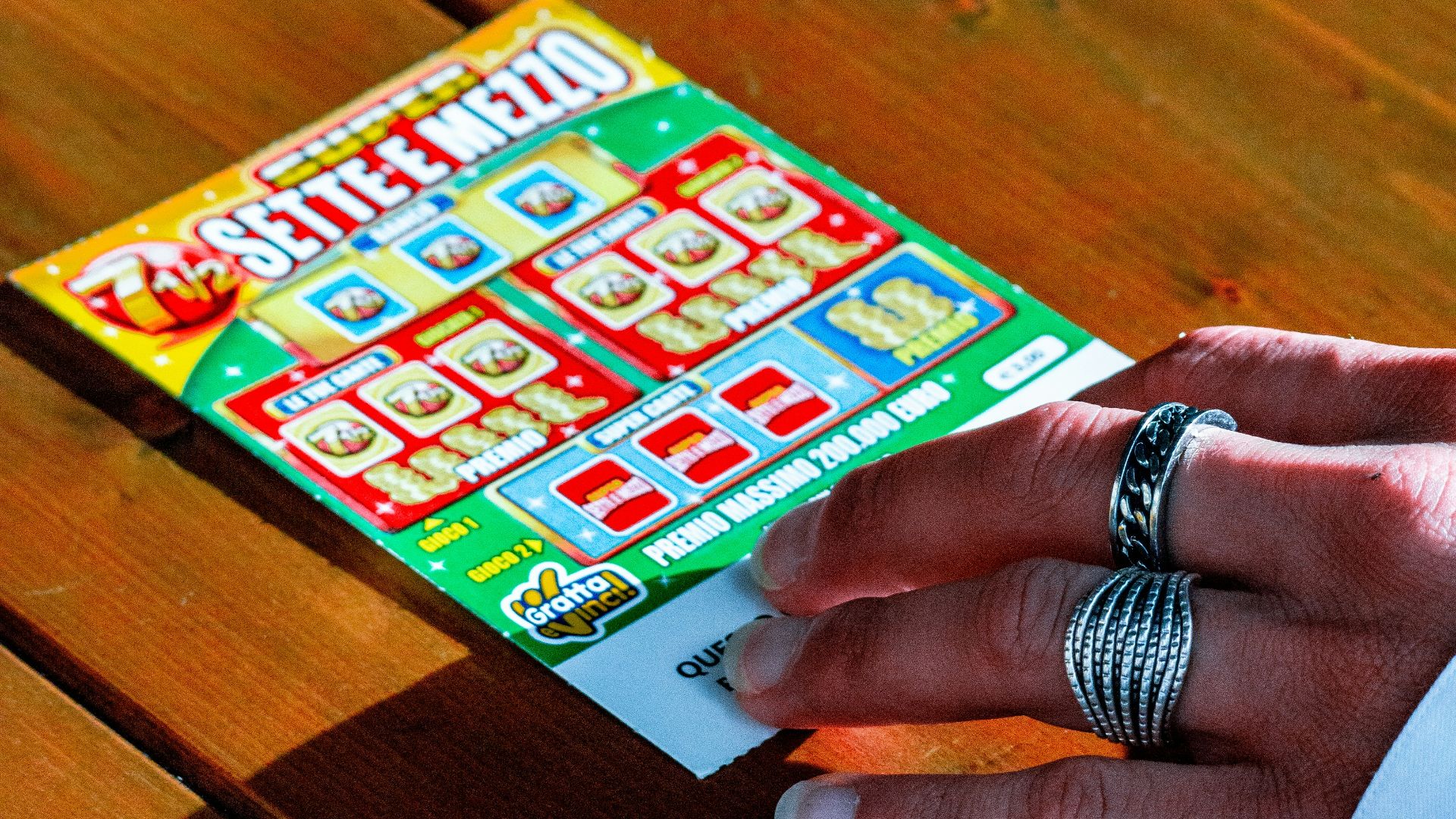 Emiliano Vittoriosi on Unsplash
Emiliano Vittoriosi on Unsplash
15. Quick Phone Upgrades
The new model dropped. Yours still works, but it suddenly feels ancient. Every two years becomes every 18 months. That "small" monthly bump hides upgrade fees and taxes. The newest doesn't always mean the best, especially when the difference is cosmetic and not functional.
16. Car Upgrades
Your current ride gets you there, but now you're eyeing leather interiors, bigger wheels, built-in Wi-Fi, etc. Stick with what drives, not what dazzles. Auto industry data shows the average monthly payment has crossed $700. An upgrade to what works is no longer about transportation.
17. Holiday Shopping
Coworkers, neighbors, old classmates, cousins you haven't seen in years. The list keeps growing. Seasonal generosity is beautiful, but not when it becomes credit card debt. So many shoppers go over budget during the holidays. Gifting should feel warm, not financially sweaty.
18. Home Decor Obsessions
Home decor has morphed into status signaling. It may start with a throw pillow. Then a rug, and then matching glassware. Now you're knee-deep in accent chairs. But comfort doesn't need constant redesign. If it's not functional, you shouldn't spend on it.
19. Social Media Trends
She posted it; you wanted it. Now it's in your cart, and your budget's screaming. Platforms curate envy by design. Trending products surge from viral posts and not value. And those micro-influencers? Many are paid to sell, not use. Your feed shouldn't run your finances.
20. Lifestyle Inflation With Every Raise
Congratulations on your promotion. But now there's a new apartment, a better wardrobe, fancier dinners, or a new habit. Lifestyle creep is subtle but ruthless. It's one of the reasons higher income doesn't always equal wealth. Income is only power if you let it grow.


